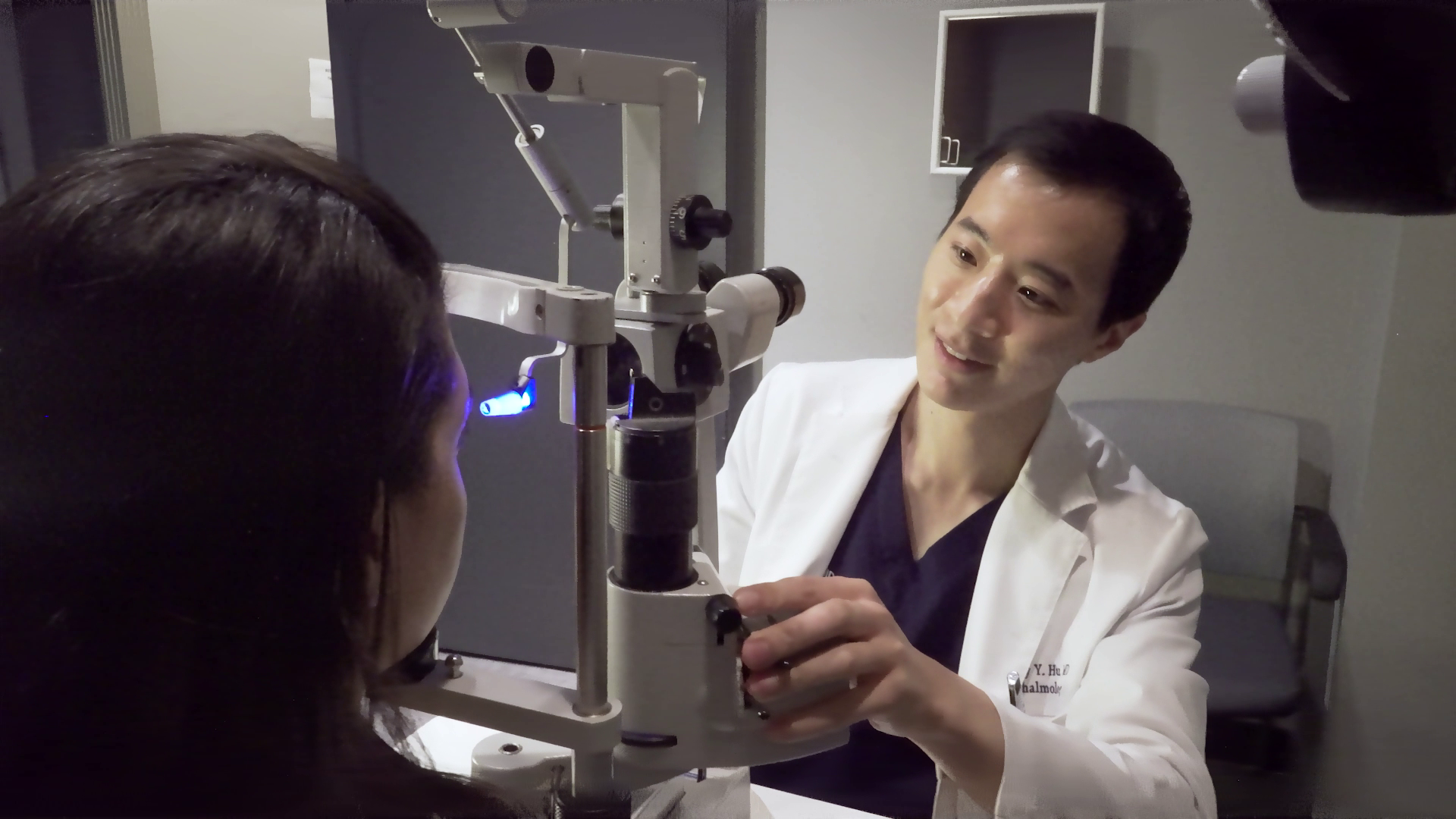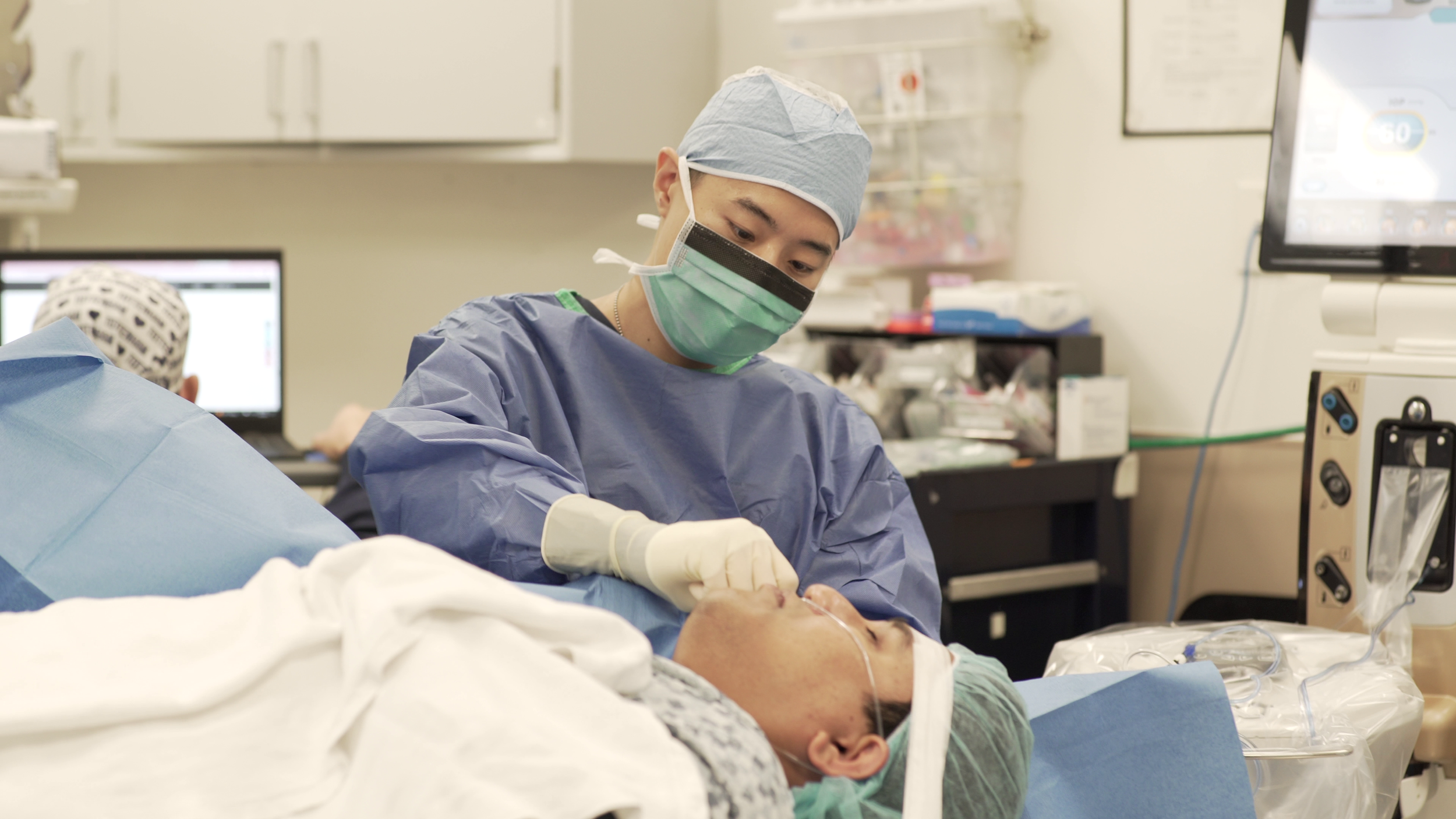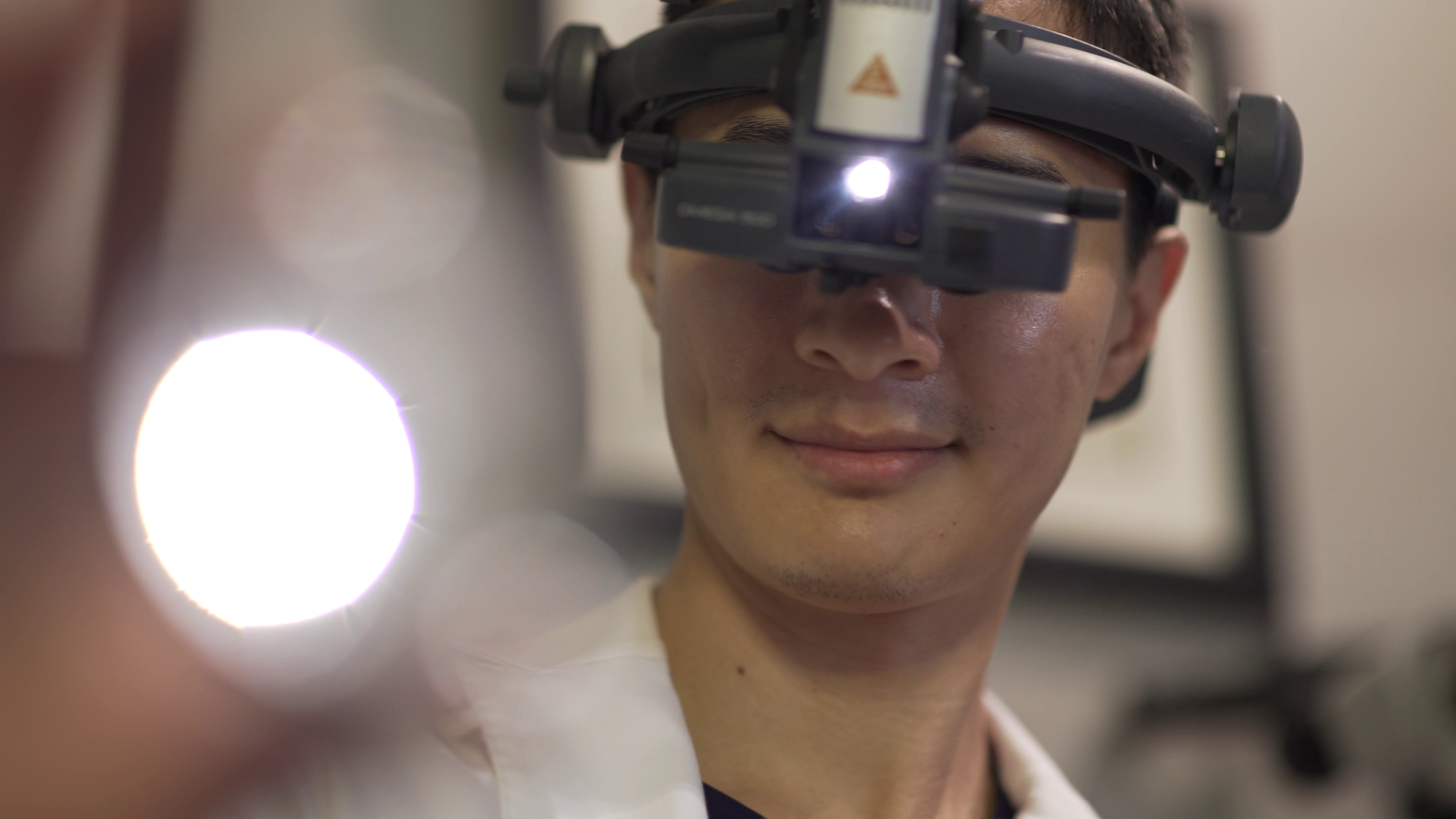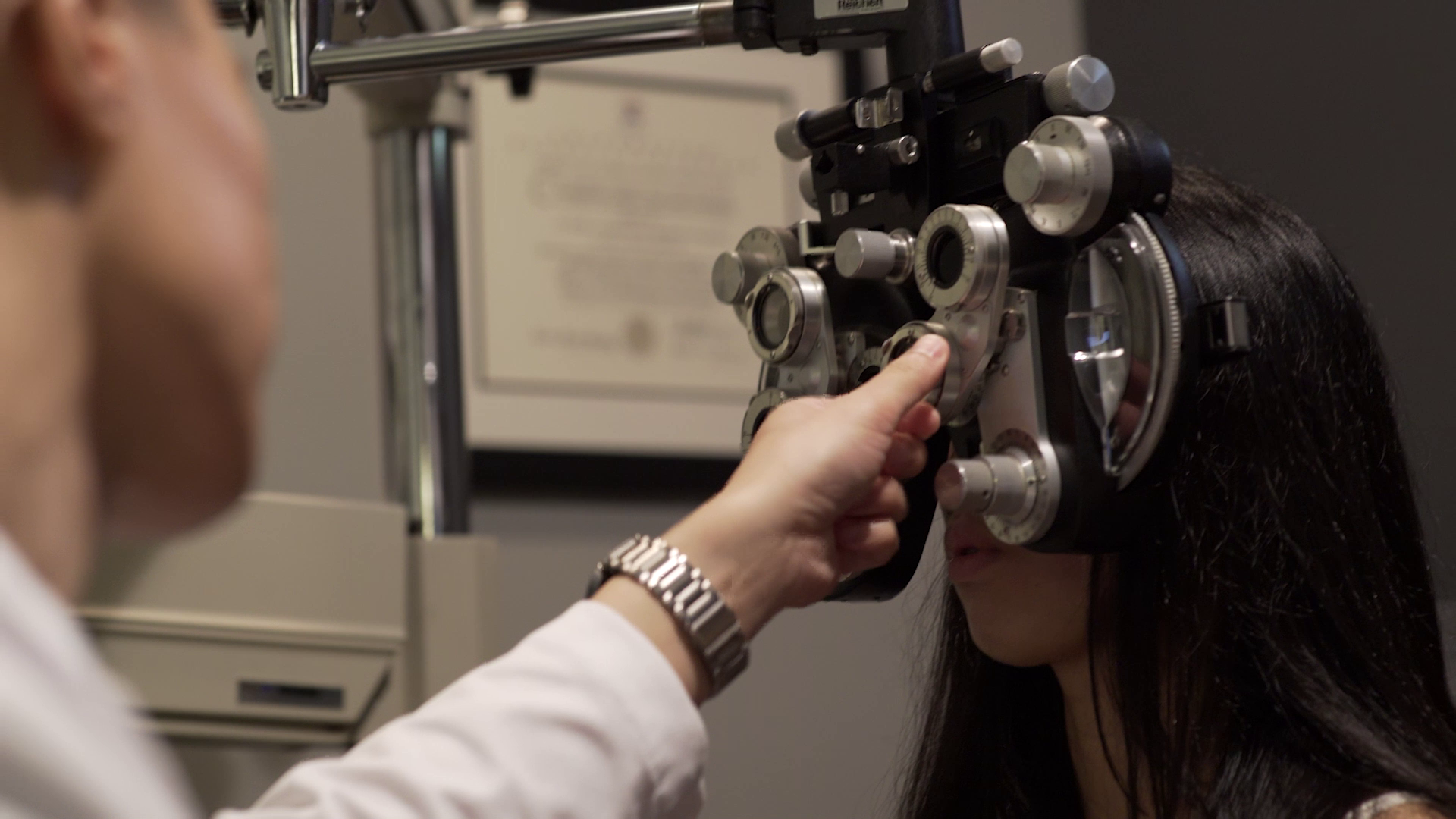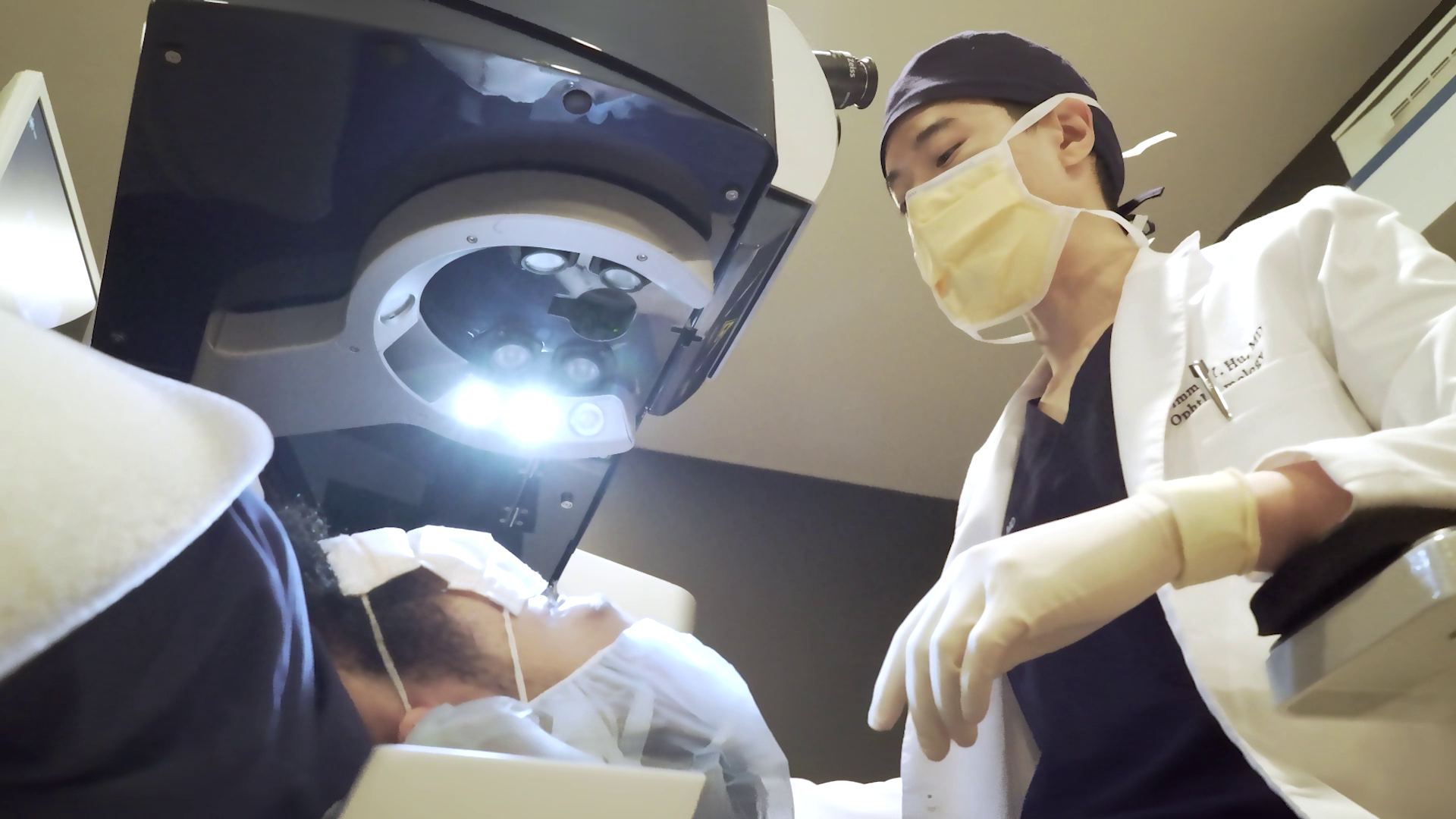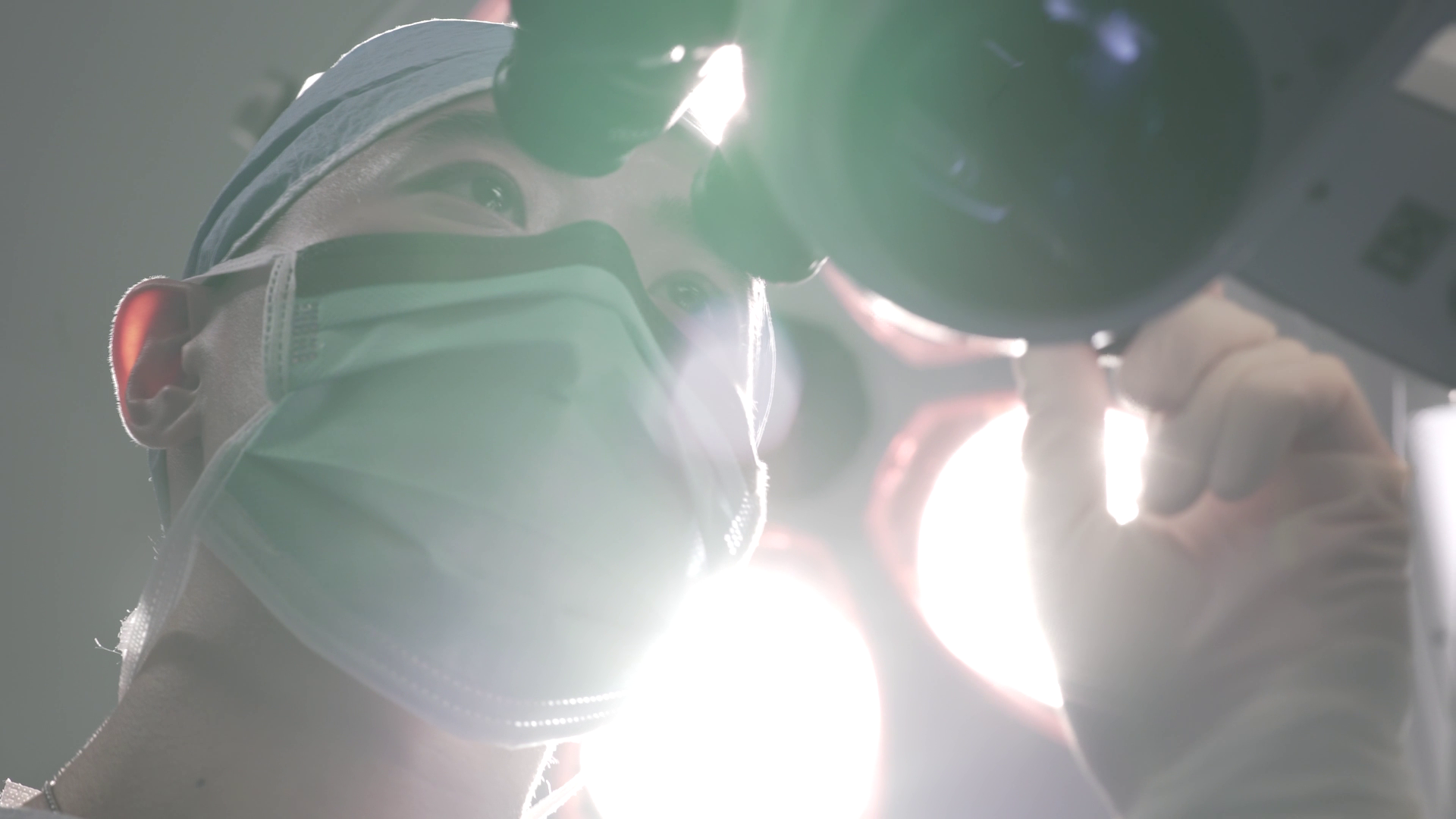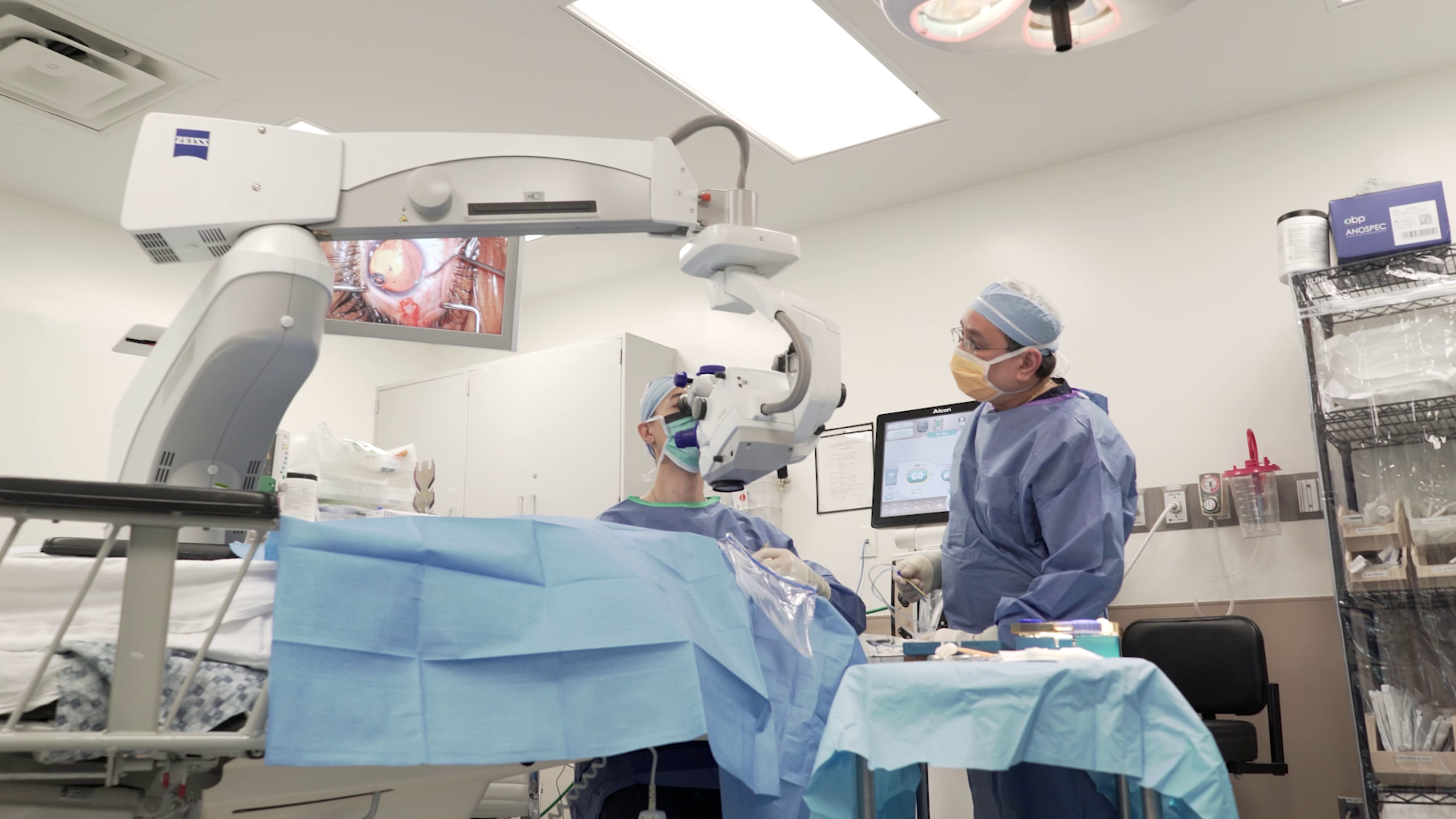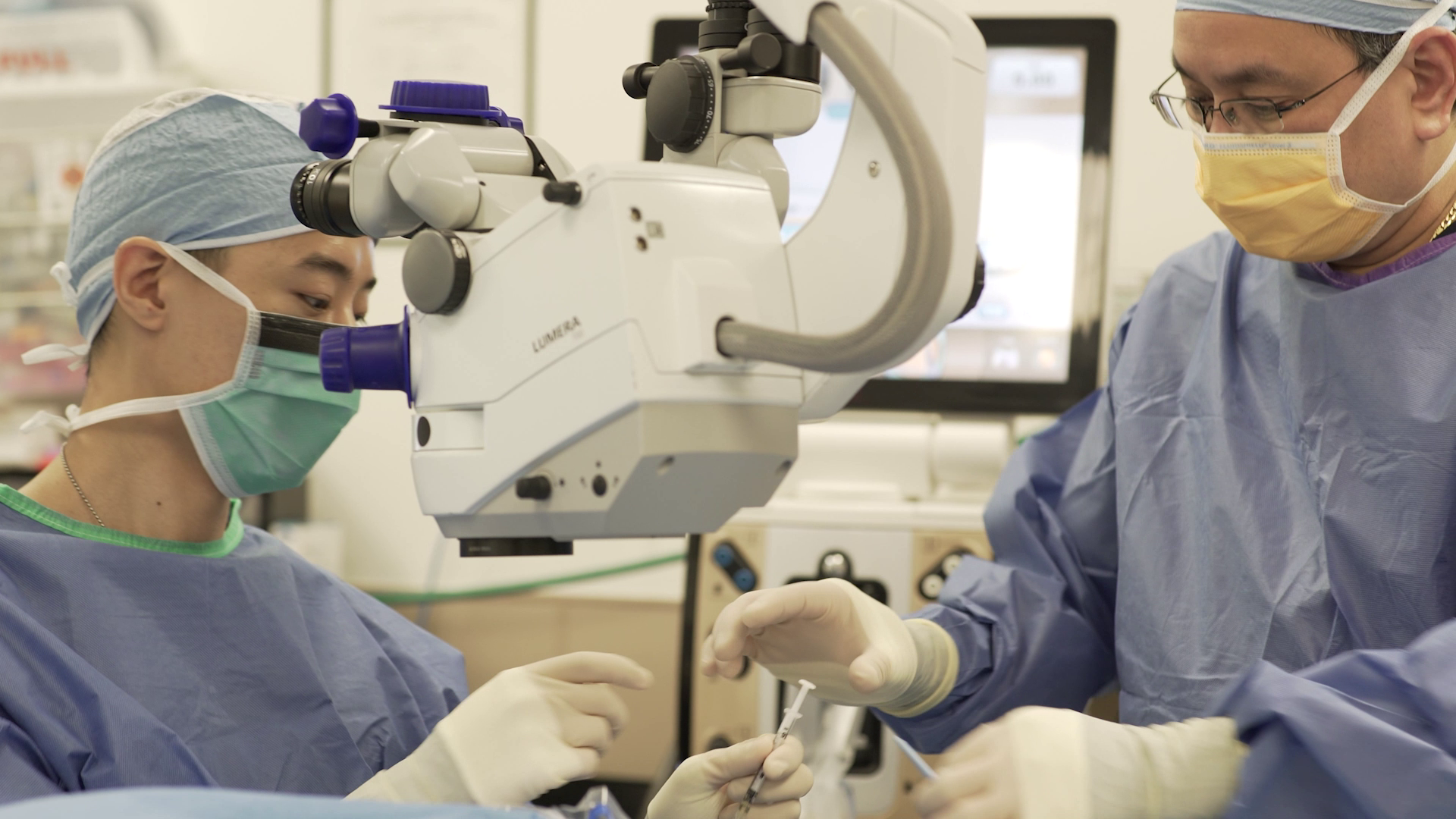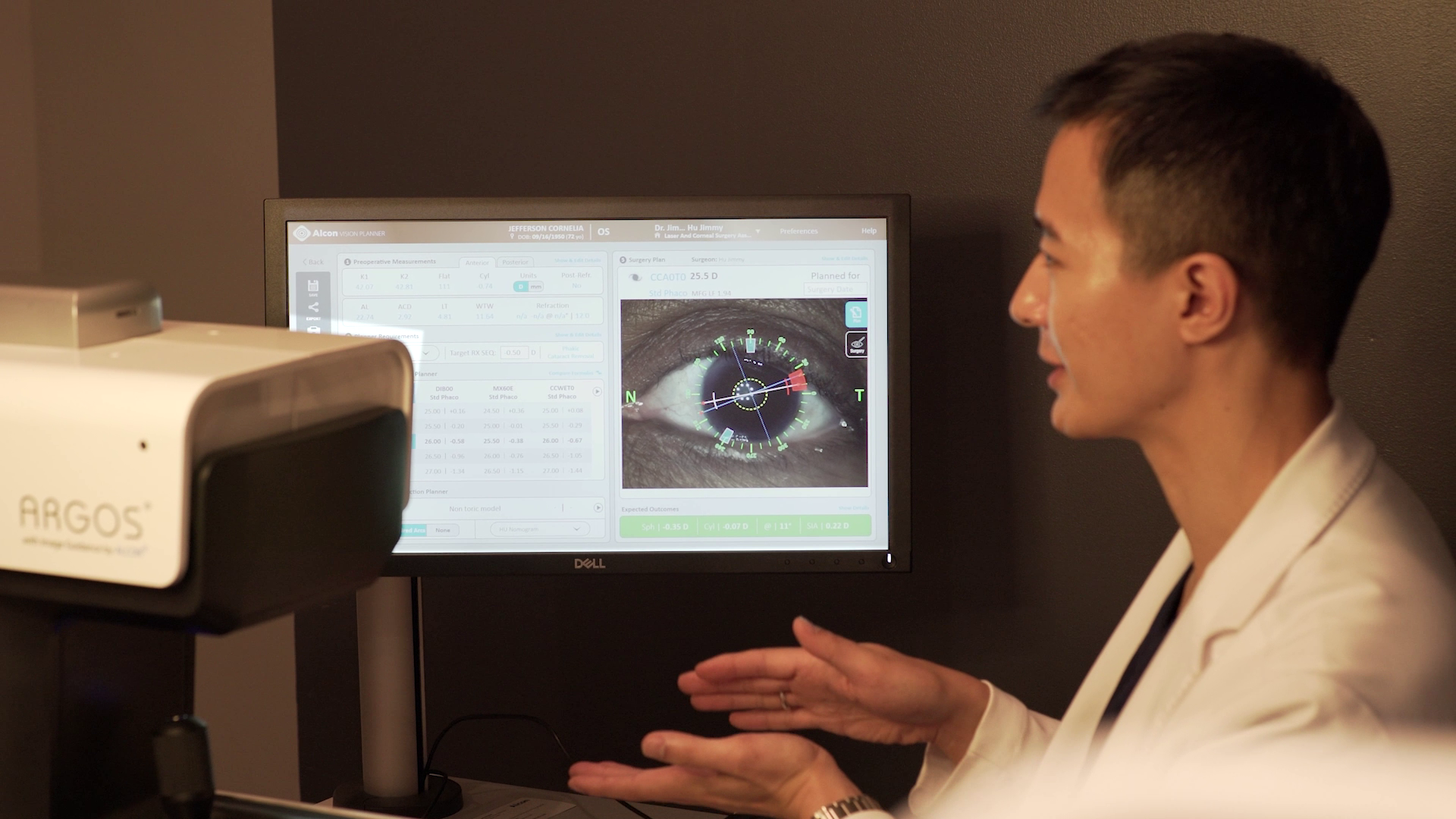Post-Op Care Instructions:
Pterygium Surgery
Emergency Contact#: 215-650-3078
For any post-surgical emergencies, please call/text the emergency number, which re-directs to Dr. Jimmy Hu’s cellphone.
Post-Surgery Restrictions
Vision may be blurry for some time after surgery. This is normal.
Eye may be uncomfortable from surgery. Any over-the-counter pain medication can be taken for mild to moderate pain.
Do not rub the eye. Wear eye-shield at bedtime for 1 week after surgery.
No lifting over 30 lbs., swimming, or vigorous activity for 2 weeks after surgery.
No eye make-up for 2 weeks after surgery.
Bathing/showering the day after surgery are ok; but avoid water in eye for 1 week.
Resume all previous medication(s), including anti-coagulants (blood thinners), after the first post-op visit unless instructed otherwise.
You may resume driving after 48+ hours, or whenever you feel comfortable. Please use good judgement.
Eyedrops after Pterygium Surgery
You will have 2 eyedrops to use after surgery. Shake all bottles before using; wait 3 minutes between each medication. NO NEED TO TAKE DROPS OVERNIGHT. Spread drop times over waking hours.
Order of drops does not matter.
Continue all regular eye medication(s) in both eyes.
Eyedrops:
Prednisolone Acetate 1% (Pink or White Bottlecap)
Ofloxacin 0.3% (Tan bottlecap)
Emergency Signs and Symptoms
Severe eye pain after surgery
Severe vision loss
Significant or Worsening Pain: While some mild discomfort, scratchiness, or a gritty sensation is normal after surgery, severe pain that is not alleviated by over-the-counter pain relievers is a reason to call your doctor.
Sudden Decrease or Loss of Vision: Your vision should gradually improve in the days following surgery. Any sudden or severe worsening, blurring that doesn't clear, or a partial or complete loss of vision requires immediate attention.
Flashes of Light, New Floaters, or a "Curtain" in Your Vision: The sudden onset of flashes of light, a significant increase in the number of floaters (small specks or lines drifting in your field of vision), or the appearance of a dark shadow or "curtain" coming down over your vision can be symptoms of a retinal detachment, a serious condition that needs urgent treatment.
Increased Redness or Swelling: While some mild redness is expected, a significant increase in redness of the white part of your eye, or swelling of the eyelid, could indicate an infection or inflammation.
Discharge from the Eye: Any pus-like or yellowish discharge from the eye is a sign of infection and should be evaluated immediately.
Nausea, Vomiting, or Excessive Headaches: These symptoms, especially when accompanied by eye pain, could indicate a sudden increase in intraocular pressure.
Persistent Light Sensitivity: While some light sensitivity is common after surgery, if it is severe or continues to worsen, it should be reported to your doctor.
It is important to remember that this list is not exhaustive. If you have any other symptoms that you are concerned about after your cataract surgery, do not hesitate to contact your surgeon's office. They can provide guidance on whether your symptoms are a normal part of the healing process or require further evaluation. Following all of your post-operative instructions carefully, including the use of prescribed eye drops, is also essential for a smooth recovery.

